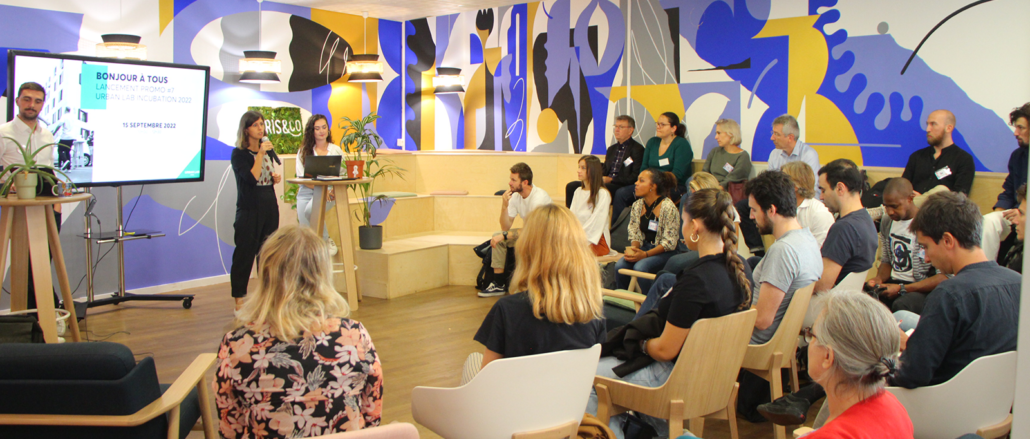
Rugby World Cup 2023
The organization of the Rugby World Cup 2023 raises a number of questions, particularly those relating to the environment. This type of event can have a negative impact on our planet. That’s why, for several years now, the sporting world has been striving to be more responsible and respectful of the environment.
Competitions of this size involve hundreds of thousands of fans from all over the world. This traffic causes a sharp increase in waste production and energy consumption. This increase in consumption emits tons of CO2 in the atmosphere. Making this event eco-responsible is a real challenge, but it’s not impossible!
An ecological challenge
The organisers of the 2023 Rugby World Cup want to rise to this challenge and are already putting in place measures to reduce the environmental impact of the event.
encouraging eco-responsible transport
As a first step, the organisers want to encourage people to choose more environmentally friendly means of transport such as carpooling or public transport. According toAdeme 80% of greenhouse gas emissions during a sporting event are linked to the transportation of people. That’s why one of the aims of CSR is to offer alternatives to traditional forms of transport, such as the use of private cars.
Waste sorting management
The second objective of CSR is to manage waste sorting. Dans les stades, la consommations de nourritures et de boissons est très régulière et cela implique une grande quantité de production de déchets. In order to recycle this waste, a biflow system will be installed in each stadium. The biflux is a dual-flow kit comprising two selective sorting bins: the first, yellow, is for plastic waste, paper and cardboard, and the second, grey, is a conventional bin for other rubbish.
Players lend their support
Several players on the French rugby team support these measures, including captain Antoine Dupont, who said:
« It’s a subject that needs to be included in the management considerations of any sports entity, to limit the impact but also to pass on the right gestures to young fans and practitioners ».
In recent years, sports competitions have sought to reduce their environmental impact to make sport more « eco-friendly ». Organizing this kind of event is a real challenge for the environment.
CircularPlace in the events sector!
We also want to participate in the organisation of a more eco-responsible sports competition. CircularPlace is developing a platform for the re-use of goods and equipment that could be very useful for this type of event. A World Cup requires a lot of material, most of which will be thrown away right after the competition. Our marketplace would enable us to save these goods and offer them to other organizations to reduce their environmental impact.
With this in mind, CircularPlace has developed a marketplace for the resale of your unsold non-food products between professionals, and puts you in touch with non-profit organizations to recover your products.
You can also opt for a white label solution that will allow your company to circularize your equipment internally and to engage your employees around ecological themes.
Don’t throw away any more, opt for the second hand!
Read also
Questions about CircularPlace?
Want to follow us?
Subscribe to our newsletter!



